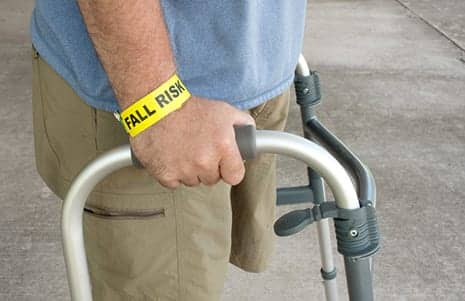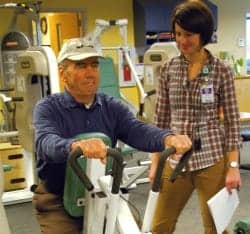A team of researchers from Iraq and the University of South Australia have designed an advanced fall detection and first aid system for the elderly that incorporates drones, smartphones, and sensors.
The remote monitoring system is designed to detect abnormalities in the wearer’s heart rate and temperature, which can lead to falls, and provide urgent first aid via a drone if a fall occurs.
In their study, published in Sensors, UniSA Adjunct Senior Lecturer Dr Ali Al-Naji and Professor Javaan Chahl, along with Dr Sadik Kamel Gharghan and Saif Saad Fakhrulddin from Baghdad’s Middle Technical University, describe how a wearable device can monitor vital signs using a wireless sensor attached to the upper arm and send a message to an emergency call center if physiological abnormalities or a fall are detected.
“When a case is critical, first aid supplies can be delivered to the patient via a drone, up to 105 seconds faster than an ambulance,” according to Chahl, in a media release from University of South Australia.
“The system not only correctly measures heart rate and falls with 99 per cent accuracy, but also identifies the elderly person’s location and delivers first aid much faster,” Chahl adds.
“We have also designed an advanced smartphone-based program that uses an intelligent autopilot, containing a destination waypoint for planning the path of a drone,” Gharghan states.
The fall detection device consists of a microcontroller, two bio-sensors, a GPS module to track the location, and a GSM module to send a notification to the smartphones of caregivers. The second part includes a first aid package, a smartphone and a drone to deliver the package.
[Source(s0): University of South Australia, Newswise]





